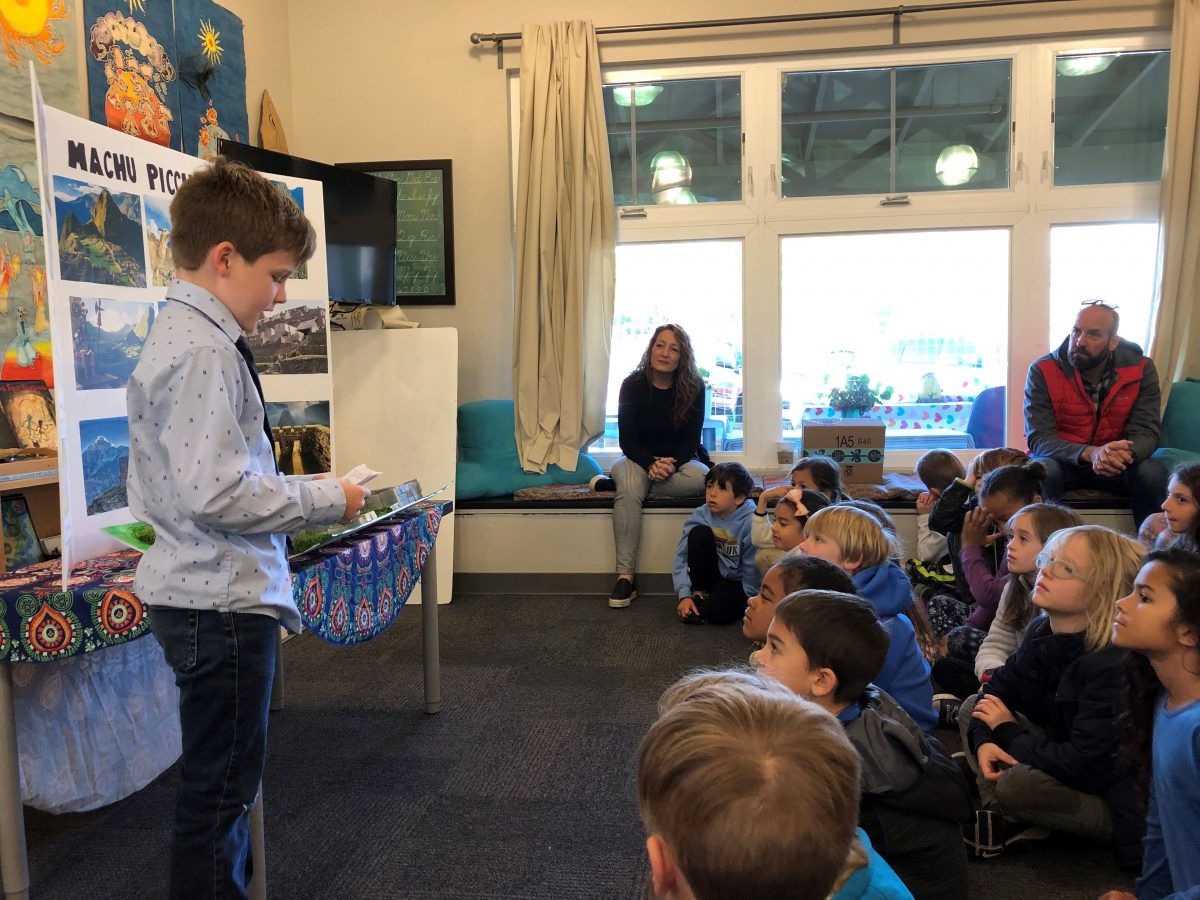By Jamar Younger
In 1994, Villa Montessori School was a small, private school with a tight-knit community of educators and parents that cared passionately about the students attending its central Phoenix campus.
However, that didn’t shield the school from financial troubles as it struggled each year to serve the dedicated group of about 60 elementary students and families that valued its unique education model.
Around the same time, Arizona lawmakers were developing a comprehensive new law that would expand choice for all students and create a brand new public school sector that would foster innovation and flexibility in education– charter schools.
With the prospect of charter schools on the horizon, a task force of parents, teachers and administrators from Villa Montessori researched whether the school and students could benefit from applying for a charter.
The group decided to apply and was one of the first schools to receive a charter 25 years ago.
Not only did the charter provide stability for the school, but it also allowed the campus to thrive and grow into one of the top-performing K-8 public schools in the state, with an ‘A’ rating in 2018 from the Arizona Department of Education.
In 2014, the Arizona Charter Schools Association recognized Villa Montessori as its public charter school of the year.
“We had teachers, parents and everyone looking at the pros and cons” of applying for a charter, said Marilyn Burbach, the school’s former director and board member who wrote the charter. “And the pros outweighed the cons.”
Villa Montessori first opened as a private school in 1964, and maintained a low, but steady enrollment for the ensuing years before the task force decided to apply for the charter.
Receiving a charter for the elementary program erased the tuition requirement and made the school accessible to more students.
But it wasn’t an easy process.
It took about two months to complete the charter application before it was approved by both the State Board for Charter Schools and State Board of Education, which had the authority to approve charters at the time.
“We had to come up with a strategy for opening the doors and allowing more people to come in so that we then had enough population to move from kindergarten through eighth grade,” said former board President Eric Bashaw, who had two daughters attend the school before and after it became a charter. “This was the opportunity to become an inclusive school.”
The small school began to grow with all 50 of its initial kindergarteners deciding to stay for first grade and increasing demand for the school.
School leaders and board members developed a plan to add one class per year for students.
“It grew slowly over time. It was painful, but it built stability and strength,” said Margo O’Neill, the current head of school who has been with Villa Montessori since 1990.
The school eventually leased church space, modular buildings and any other suitable buildings to serve its growing student population. At one point, the school had five locations throughout Central and North Phoenix.
The school received a bond in 2006 which led to the addition of 12 new classrooms and allowed the school to re-consolidate back to its original campus.
Although the school is well-established with close to 500 charter students, it has still maintained its intimate character, along with an environment that promotes collaboration between teachers, administrators, students and parents.
“Villa had a way of teaching in an environment for education that was not just about academics, but it was about creating the global citizen and teaching the child to really come into their own,” said Lorraine Rhoads, who has a son and daughter who currently attends the school and another son who attended Villa before moving to high school.
Rhoads is also a parent coordinator who works with parents and teachers and values the stability of a teaching staff with minimal turnover.
“I have found them to be incredibly dedicated, very willing to communicate and help us reach those goals for each individual kid,” she said. “They’re just incredibly committed.”

